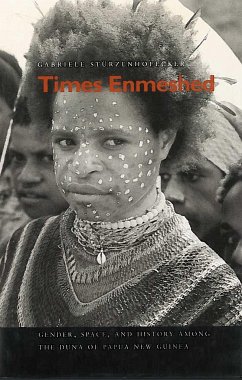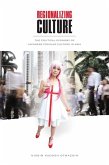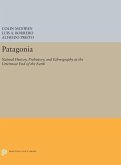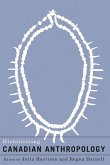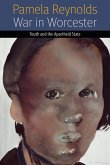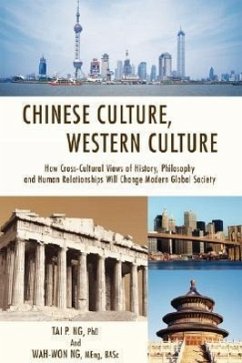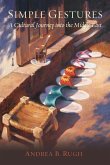This innovative work explores the historical consciousness of a people caught between two life-worlds. The Duna of Papua New Guinea have developed their own views of historical change, expressed in a fusion of two elements: indigenous ideas of cosmological cycles, and introduced Christian notions of world's end. The book explores how the formation of historical consciousness is constituted differently for men and women. A central focus is the fluid social environment of the Duna, where new contests about gendered personhood and agency emerge in the context of changing power relationships and arenas of cooperation between the sexes. The author reveals the links between gender and history and uses a gendered analysis as a lens of historical perception for viewing a wide range of topics. In the process, gender becomes "an idiom of thinking" that permeates all social domains, including kinship, marriage, and residence. The theme of consumption emerges forcefully throughout the book, engaging such crucial issues as gender and inequality, constructions of personhood, and the influence of historical change on social life. The sphere of consumption is also where cultural projections and social practice meet in the powerful domain of notions about female witchcraft, since female agency and consumption wishes form the basis for male fear of witches. The author explains how, in circumstances of historical indeterminacy, there has been a shift in the semantic platforms on which Duna witchcraft notions are grounded, a shift that has led to a process of symbolic reconfiguration. The book contributes to emerging trends in anthropological research in three ways. Ethnographically, it presents a transformed picture of people whose lives were examined by earlier, male ethnographers in terms of Marxist or sociobiological models. Analytically, it uses new perspectives to provide a more interpretive and nuanced account of gender relations. Theoretically, it explores the potential value of the theme of historical consciousness for an anthropology concerned with questions of change and with people's perceptions about their past and their future.
Hinweis: Dieser Artikel kann nur an eine deutsche Lieferadresse ausgeliefert werden.
Hinweis: Dieser Artikel kann nur an eine deutsche Lieferadresse ausgeliefert werden.

